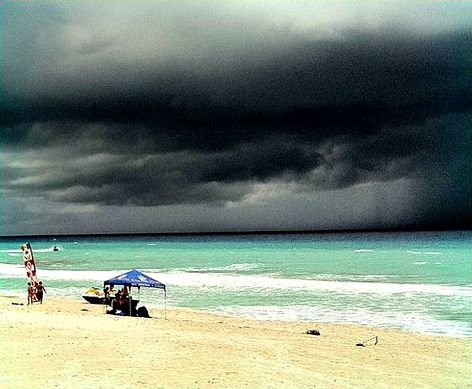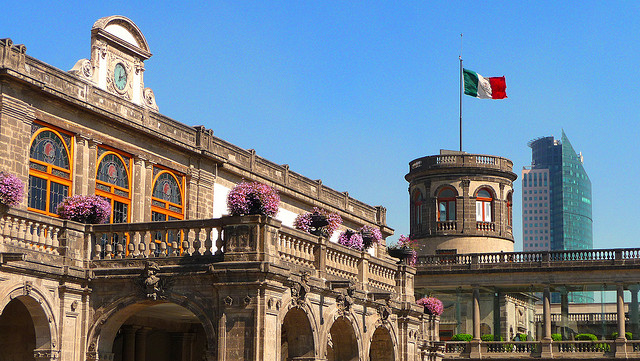Fitch Ratings expects operating cash flows of Latin America credits to remain under stress during 2015. Governments have increased taxes on consumers and corporates in response to falling revenues. External conditions also remain weak, especially for oil, copper and iron ore.
‘Fitch foresees another tough 12 months for Latin American corporates and that the ratio of downgrades to upgrades will not reach a level of parity until the second half of 2016,’ said Joe Bormann, Managing Director at Fitch. ‘During the first seven months of 2015, downgrades for Latin American corporate issuers outpaced upgrades by a ratio of 3.5x; this compares with a downgrade ratio of 2.4x in 2014; 1.6x excluding Argentina.’
Refinancing risk is elevated for small, high-yield corporates rated ‘B+’ or lower that have issued bonds of less than US$ 400 million. Positively, exposure to this risk is light in 2015 and 2016. Posadas (Mexican hotel chain owner of Fiesta Americana) was the only high-yield issuer with a bond due in 2015, and it repaid its bond in January. Arendal (Mexican company specialized in the construction of pipelines and industrial plants, US$ 80 million), Ceagro (Brazilian commodities trading company, US$ 100 million) and Marfrig (Brazilian food processing company, US$ 375 million) are the ‘B’ rated issuers with non-benchmark-sized bonds maturing in 2016.
While there was only US$ 6 billion of Latin America debt amortization during 2015, this figure rises to US$ 14.2 billion in 2016 and to US$ 27.6 billion in 2017. High-yield issuers’ debt accounts for US$ 4.8 billion of the 2016 debt and US$ 14.1 billion for 2017. During 2017, nine issuers in the speculative ‘B’ and lower categories face US$ 11 billion of debt maturities. About US$ 9.2 billion of this is PDVSA debt, which is subject to high repayment risk.



 By Fórmate a Fondo
By Fórmate a Fondo